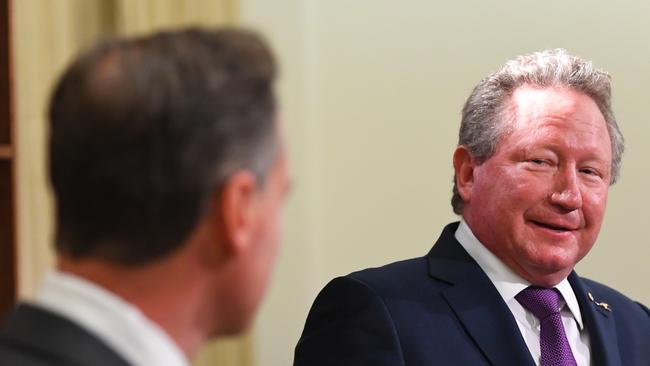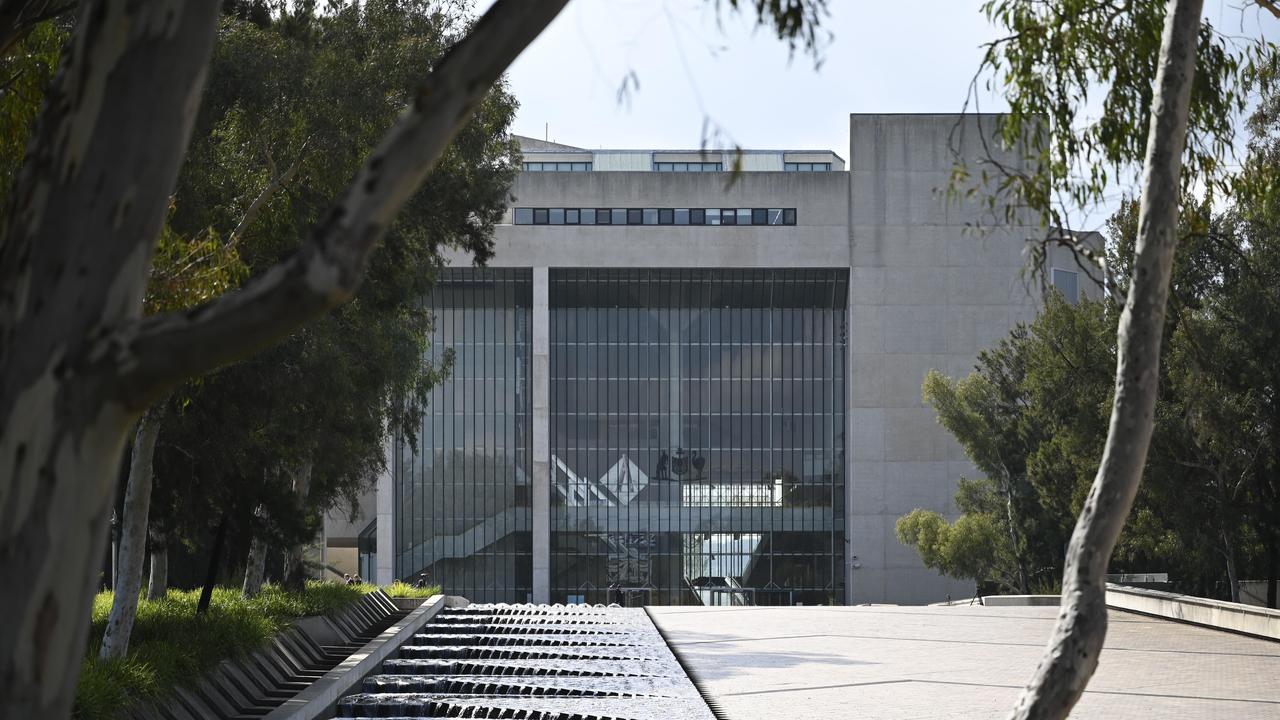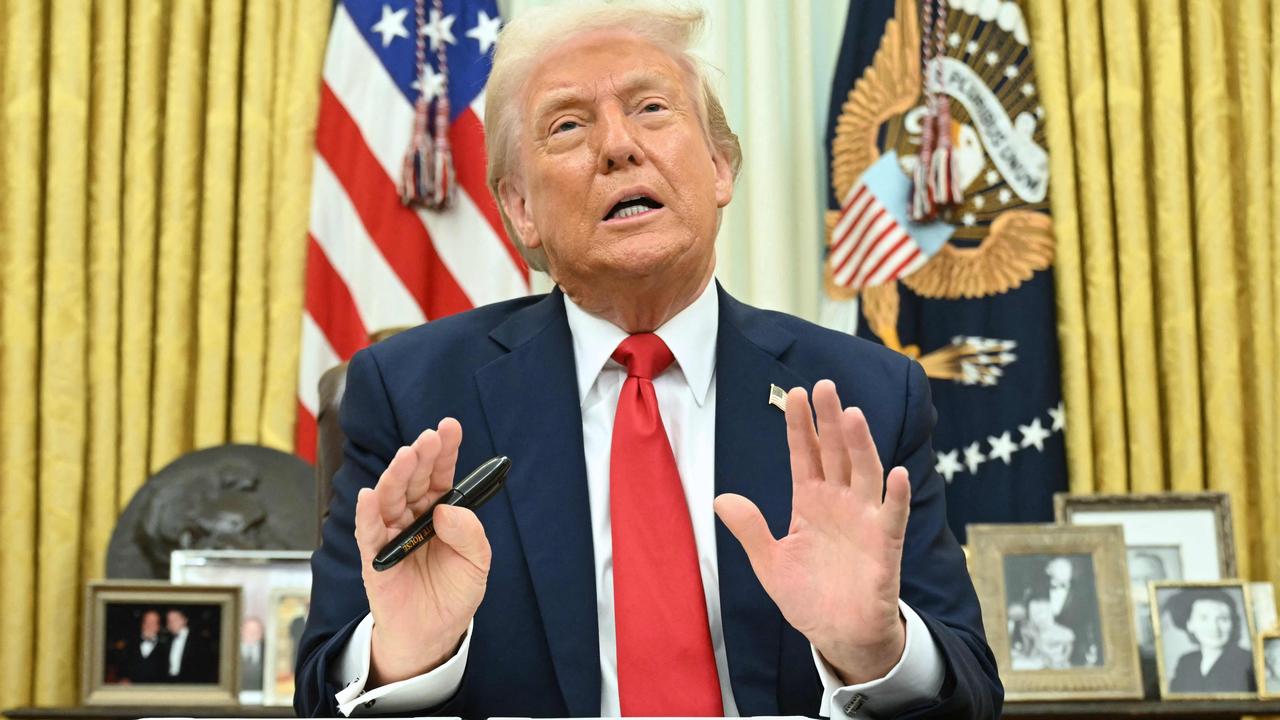Labs may not be able to process new kits
Aussie labs lack the specialist equipment required to process the 10 million tests imported from China by Andrew Forrest.

The busiest pathology services around the country will not be in a position to use the 10 million coronavirus tests mining magnate Andrew Forrest has imported from China, with laboratories lacking the specialist equipment required to process the tests.
Mr Forrest’s Minderoo Foundation has bought 10 million polymerase chain reaction tests from Chinese genomics company BGI at a cost of $130m, which will be repaid by the federal government.
As part of the deal, special laboratories are being commissioned at 11 pathology sites around the country, with specialised equipment and reagent being supplied by BGI to enable the tests to be processed.
The federal government hopes to ramp up testing as a key part of a strategy that would enable the relaxation of social distancing restrictions. It wants to be satisfied that there are not undetected outbreaks in the community involving asymptomatic cases.
But many of the pathology laboratories that are processing the bulk of the PCR tests in Australia will not have access to the equipment that would enable them to process the BGI tests.
Virologist Ian Mackay said even if they were provided with the right equipment, processing the BGI tests would be difficult for many labs. “Labs will have to ensure the kits work for them in their processes,’’ he said. “Using these tests will probably mean a change of any given lab’s current PCR tests from those which have already been set up or installed.
“That could mean a change in viral target, controls and perhaps reaction conditions.”
Public health expert Gerry Fitzgerald questioned whether asymptomatic cases of COVID-19 would be readily picked up by PCR testing — which detects the gene sequences of the SARS-CoV-2 virus from swab samples — because asymptomatic carriers may not have a high load of virus in their nose or throat.
“When you think about that, it’s not going to identify somebody who doesn’t have large amounts of virus,” Professor Fitzgerald said.
“If you’ve got somebody who’s relatively asymptomatic, they may have relatively few viruses floating around so the chance of getting a false negative may be higher than somebody who is really sick.”
Scientific studies that have analysed the incidence of COVID-19 in the early stages of the pandemic in Wuhan concluded the rate of false negatives from PCR tests were as high as 30 per cent.
But immunology experts in Australia said PCR tests were highly sensitive in Australia and there was unlikely to be such a high rate of false negatives here. NSW Pathology confirmed that false negatives in Australia “appear to be rare”.
University of NSW professor John Dwyer did not agree that PCR tests would fail to detect asymptomatic cases. “They’re very good at picking up asymptomatic cases,” Professor Dwyer said.
“They’re exquisitely sensitive, these tests. There may be false negatives when people don’t do the swab firmly enough but we do not believe in Australia that we’re getting a significant number of false negatives.”
Professorial fellow at the University of Melbourne John Mathews agreed PCR testing was the best kind of test available to detect active infections.
“I think if the viral load is big enough to be a transmission risk for other people, then the PCR test is very likely to pick up the infection,” Professor Mathews said.







To join the conversation, please log in. Don't have an account? Register
Join the conversation, you are commenting as Logout